EVOLUTION OF THE PHILIPPINE LEGISLATIVE SYSTEM
September 15, 1898
The Malolos Congress was convened to draft the
constitution of the Philippines.
constitution of the Philippines.
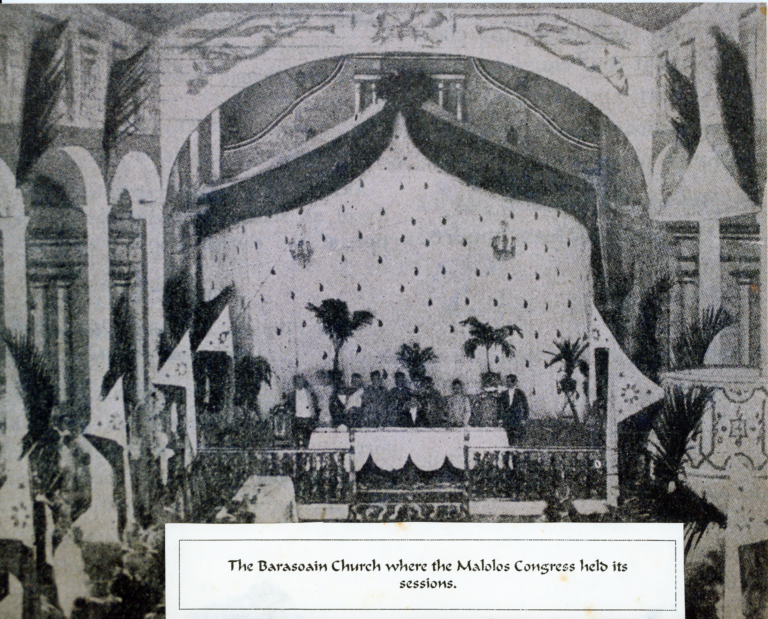
September 1, 1900
The US Government-appointed Philippine
Commission, known as the Taft Commission,
assumed all legislative powers within
the Philippine territory.
Commission, known as the Taft Commission,
assumed all legislative powers within
the Philippine territory.
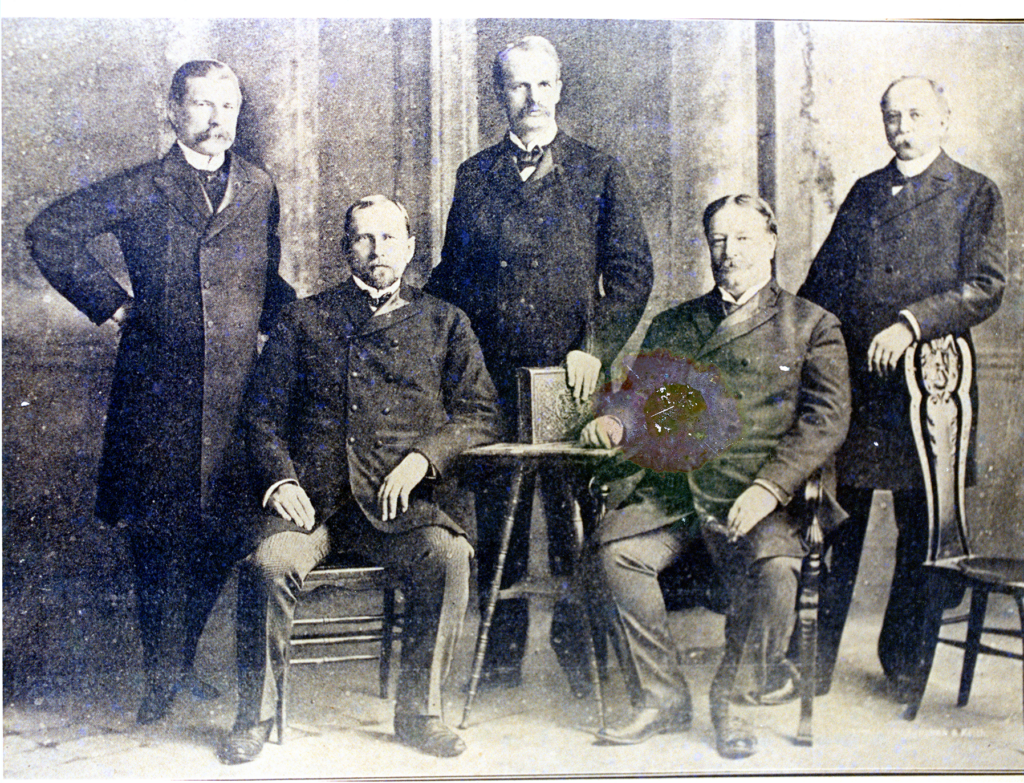
August 29, 1916
The US Congress passed the Jones Act,
which established, among others,
a bicameral congress; the newly-organized
Senate replaced the Philippine Commission
which established, among others,
a bicameral congress; the newly-organized
Senate replaced the Philippine Commission
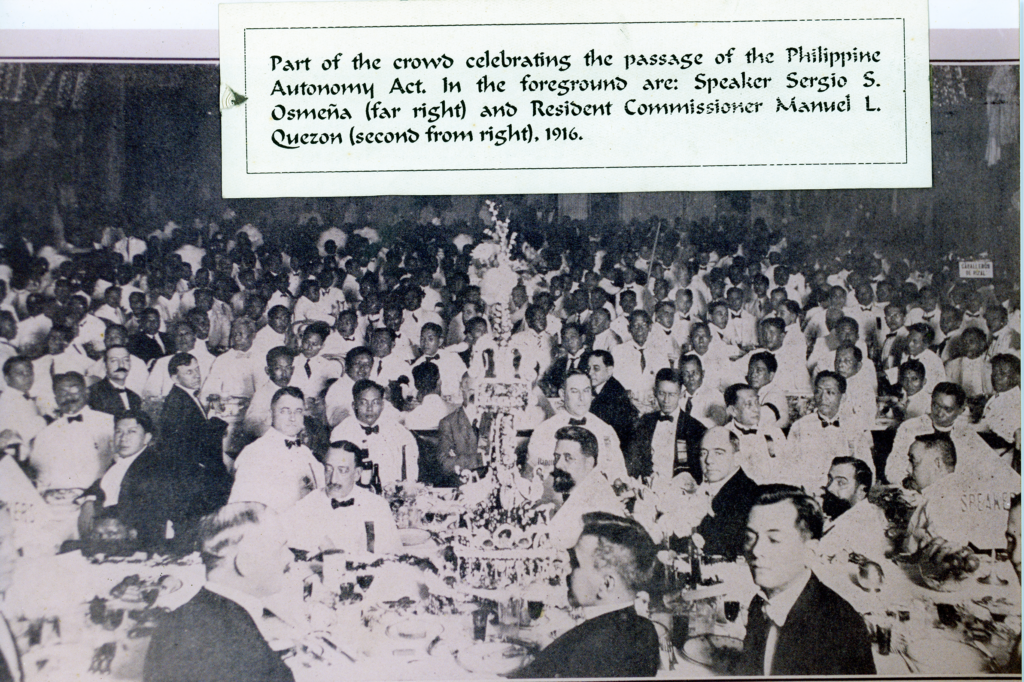

May 14, 1935
With the ratification of the 1935 Constitution,
the unicameral National Assembly replaced
the bicameral legislature created by virtue
of the Jones Act
the unicameral National Assembly replaced
the bicameral legislature created by virtue
of the Jones Act
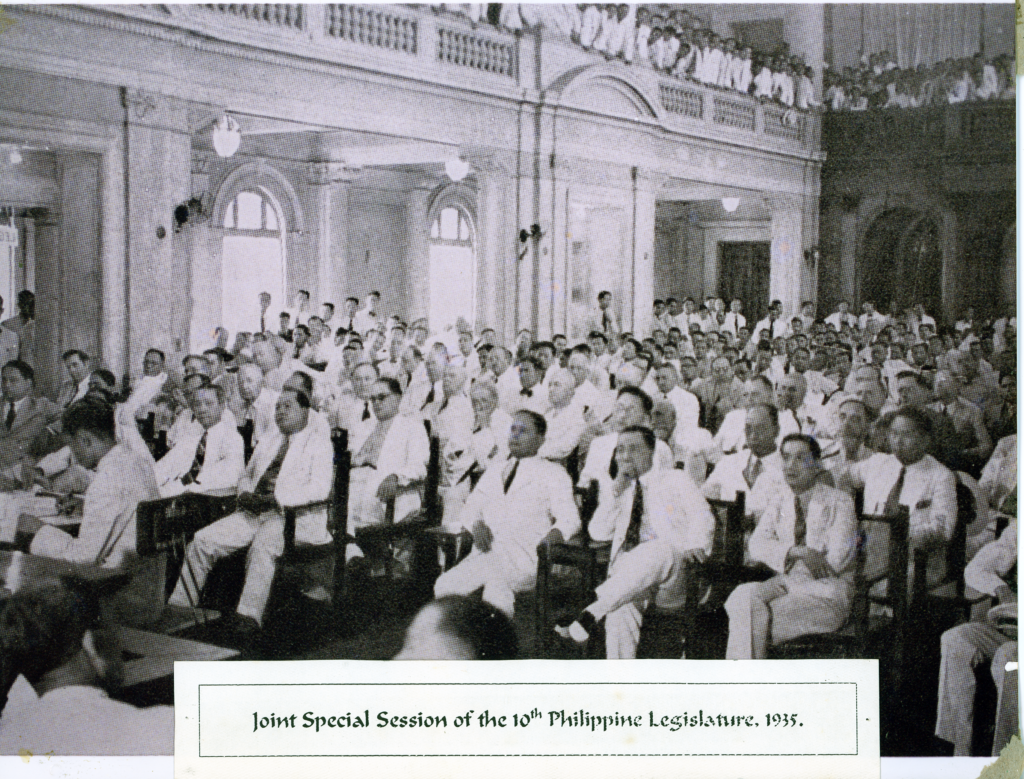

April 11, 1940
The National Assembly amended the 1935 Constitution and re-established a bicameral congress
January 15, 1973
Upon the ratification of the 1973 Constitution, the unicameral Batasang Pambansa was once again instituted
February 2, 1987
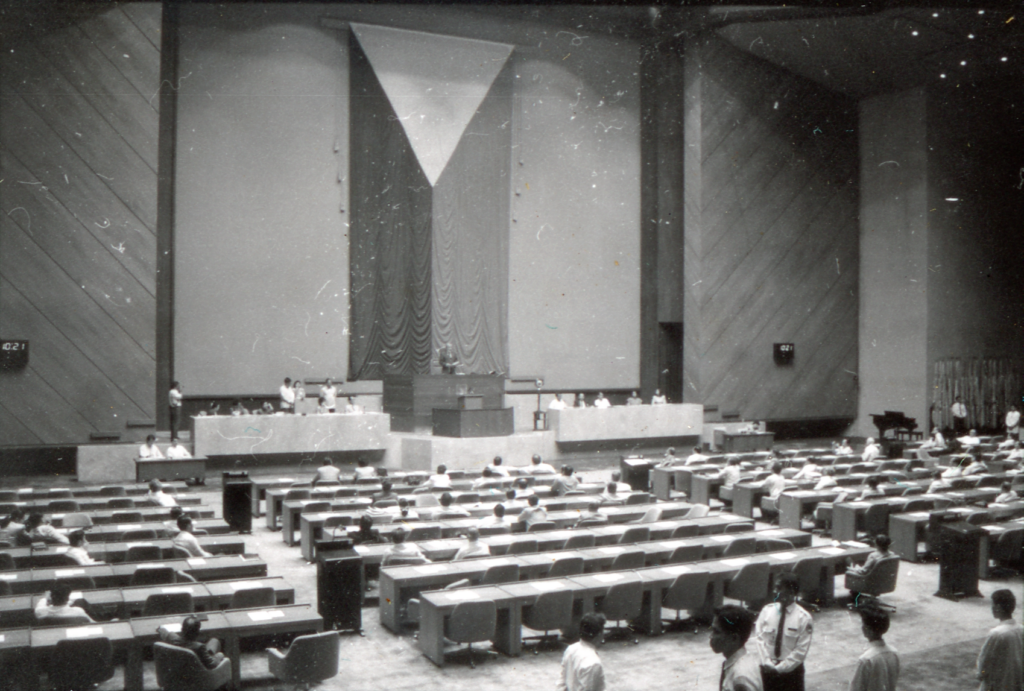
Under the present 1987 Constitution, legislative power is vested in the Congress of the Philippines consisting of the Senate and the House of Representatives
